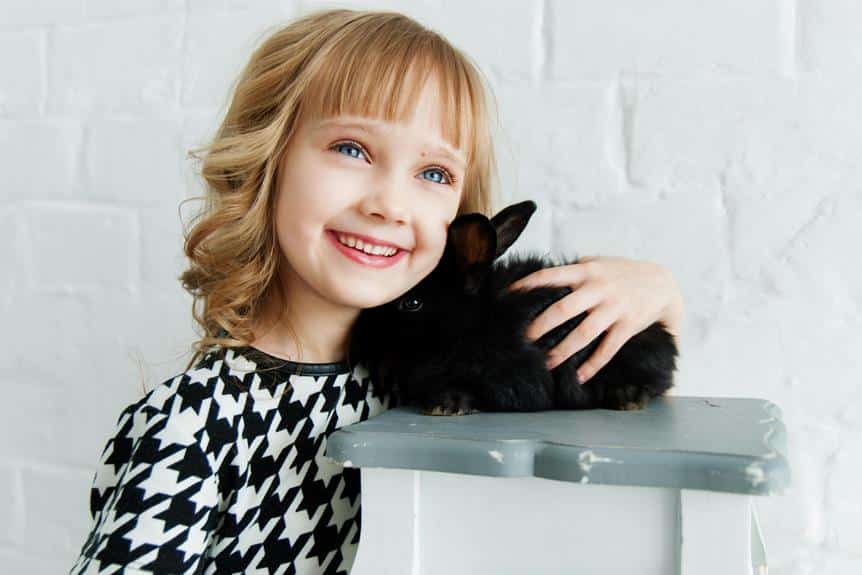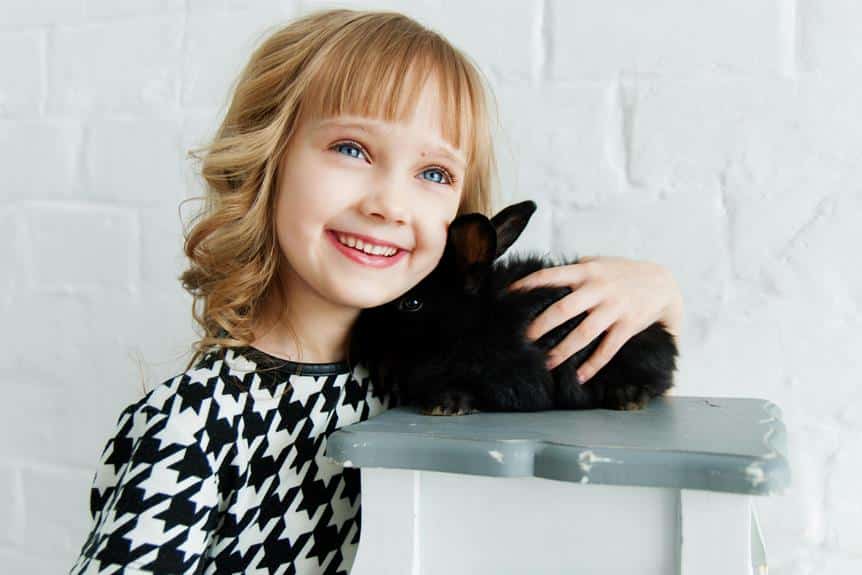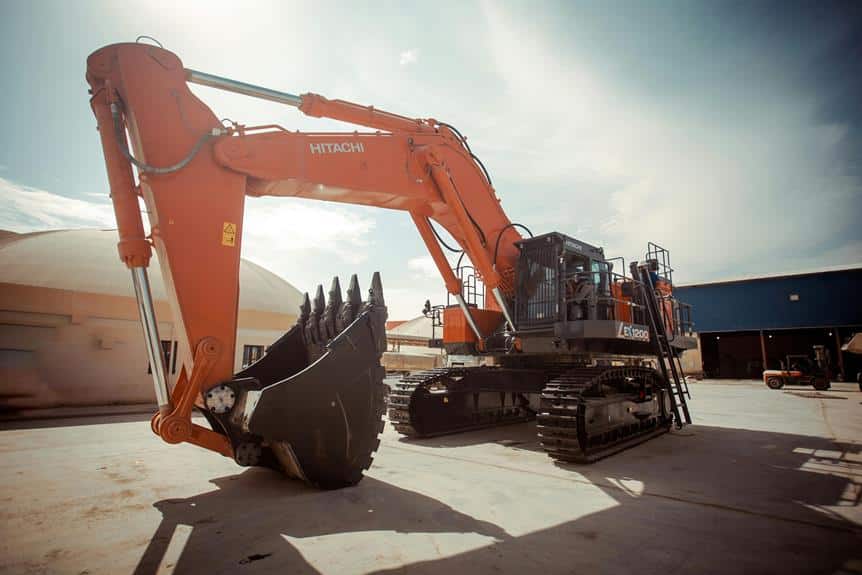Table of Contents
Introduction – The Ultimate Guide To Pet Rabbit Diet And Nutrition
Do you have a pet rabbit at home? Are you looking to ensure they get the right diet and nutrition? If yes, then you’ve come to the right place! This ultimate guide to pet rabbit diet and nutrition will provide you with all the information you need to ensure your furry friend gets the nutrition they need.
From the role of hay in the rabbit diet to what supplements to give your rabbit, you’ll learn all the basics you need to know. So, let’s get started on this journey to healthy rabbit nutrition!
Basics of Pet Rabbit Nutrition
Learning the fundamentals of your furry friend’s nosh and sustenance can be a great way to ensure they are getting the sustenance they need to thrive. It is important to understand the nutritional needs of your pet rabbit to ensure they stay healthy and happy.
Rabbits are unique creatures and require specific nutritional requirements for a balanced diet. Two of the most important things to consider when it comes to rabbit nutrition are water intake and fiber content.
Rabbits need unlimited access to fresh water, as they are prone to dehydration. The water should be changed daily to keep it clean and free of bacteria. Fiber content is also important, as rabbits need a constant supply of hay or grass hay and other plant material to maintain their digestive health.
This should make up the majority of their diet and should be supplemented with fresh vegetables and small amounts of fruits and grains. A balanced diet is essential for a healthy rabbit, and by understanding their nutritional needs you can make sure that your pet is getting the best care possible.
The Role of Hay in the Rabbit Diet
Hay is essential for keeping your bunny healthy – it should make up the bulk of their daily food intake! Not only does hay contain important nutrients for your pet rabbit, but it also provides fiber for their digestive system.
It’s important to feed your rabbit hay throughout the day, as it serves as their primary source of nutrition. Here are 4 key points to remember when feeding your pet rabbit hay:
- Provide access to hay 24/7 – adult rabbits need to have access to hay at all times to ensure they get the right amount of fiber in their diet.
- Choose high-quality hay – Timothy hay is ideal as it provides the correct amount of fiber and nutrition for your pet rabbit.
- Monitor your rabbit’s hay intake – watch your rabbit to make sure they are eating enough hay and adjust the amount accordingly.
- Supplement hay with fresh vegetables – provide fresh vegetables to your rabbit to supplement the hay and provide added nutrition.
Hay is an important part of a pet rabbit’s diet and should be given at the right time and in the right amounts to ensure your rabbit is getting all the nutrients they need.
The importance of hay in a rabbit’s diet can’t be overstated, as it provides essential fiber content and essential nutrients that rabbits need to stay healthy.
What Vegetables to Feed Your Rabbit
You can give your furry friend a variety of vegetables to supplement their hay-based diet – just remember the old adage, ‘everything in moderation’! Vegetables provide a good source of fiber and vitamins and minerals to your rabbit’s diet, helping to maintain the right nutrient balance for optimal digestive health.
It’s important to feed your rabbit a variety of vegetables in order to get a wide range of nutrients, and many rabbits enjoy a variety of leafy greens such as romaine lettuce, parsley, kale, and collard greens. Other vegetables such as carrot tops, bell peppers, celery, and cucumbers are also great options.
You should also consider giving your rabbit root vegetables such as carrots, but watch out for the sugar content. Always make sure to wash your vegetables before feeding them to your rabbit, and avoid feeding them anything that is moldy or spoiled.
What Fruits to Feed Your Rabbit
If you’re looking to add a bit of variety to your pal’s diet, why not try offering some tasty fruits? Rabbits naturally have foraging habits and enjoy different types of hay, and they can also benefit from certain types of fruit. Rabbits can enjoy a wide range of fruits, including apples, pears, bananas, peaches, plums, watermelons, and cantaloupe.
However, you should always feed your rabbit fruits in moderation, as too much of any type of food can lead to digestive problems. In addition, avoid giving your rabbit any fruit that has been heavily processed, as these foods are not healthy for your pet.
Additionally, make sure to remove any seeds, pits, or stems, as these can be dangerous for your rabbit. Finally, it’s important to remember that fruit should only make up a small part of your rabbit’s diet, as it is not nutritionally complete.
What Supplements to Give Your Rabbit
Supplementing your furry friend’s diet can be beneficial in providing them with the essential nutrients they need to stay healthy and happy. Fortified foods are a great way to supplement your rabbit’s diet, as they are enriched with vitamins and minerals that can help prevent vitamin deficiencies.
It’s important to note that not all fortified foods are suitable for rabbits, so check the ingredients list before you buy. A veterinarian can also help you determine the best foods for your rabbit’s diet.
In addition to fortified foods, you may want to consider giving your rabbit a vitamin and mineral supplement. These supplements are designed specifically to meet the nutritional needs of rabbits, and they can be added to your rabbit’s diet or given as a treat.
Some of the most common supplements include calcium, iron, and vitamin E. Be sure to talk to your veterinarian before giving your rabbit any supplements, as they can provide advice on the best type and dosage for your rabbit.
Treats and Snacks for Rabbits
Now that you know what supplements to give your rabbit, it’s time to talk about treats and snacks. Treats and snacks can be a great way to reward your rabbit for good behavior, or just to show them some extra love.
However, it’s important to remember that treats should only make up a small portion of your rabbit’s diet. When it comes to treats and snacks, there are a few things to keep in mind.
When choosing treats and snacks for your rabbit, it’s important to look for ones that are specifically designed for rabbits. Many alternative diets, such as hay cubes, are available for rabbits. It’s also important to make sure that the treats and snacks you give your rabbit are stored properly.
If not, they can become stale and lose their nutritional value. Additionally, it’s important to avoid giving your rabbit too many treats, as this can lead to obesity and other health issues.
Potential Risks Associated With Poor Nutrition
Poor nutrition can be incredibly dangerous for your beloved companion, so it’s essential to make sure you’re providing them with the best diet possible. Not only can poor nutrition lead to a decrease in overall pet health, but it can also lead to more serious digestive issues.
If your pet isn’t receiving the right nutrients, they can suffer from malnutrition and cause a range of health problems. Digestive issues can range from minor discomfort to more serious problems like blockages, leading to the need for surgery or, in the worst cases, even death.
It’s important to be aware of the potential risks associated with poor nutrition so you can make sure your rabbit’s diet is balanced and nutritionally complete. You should also be aware of the potential for certain foods, such as fruits, to cause digestive upset.
If you’re unsure of what to feed your rabbit, talk to your veterinarian for advice and consider working with a rabbit-savvy nutritionist. With the right knowledge and proper diet, you can ensure your pet rabbit is healthy and happy.
Tips for Feeding Your Rabbit Properly
To ensure your rabbit is healthy and happy, it’s important to provide them with a balanced and nutritionally complete diet. Storing hay in a cool, dry place is essential for your rabbit’s diet, as it provides them with essential fiber and helps keep their digestive system healthy.
Additionally, it’s important to make sure your rabbit has access to fresh, clean water at all times. You can provide this by using a water bottle or bowl and changing the water daily.
When it comes to feeding your rabbit, it’s important to provide them with a variety of fresh vegetables and hay. You should also provide them with a small amount of pellets, as these provide essential vitamins and minerals.
Additionally, you should avoid giving your rabbit too many treats, as this can lead to obesity and other health issues. Finally, it’s important to feed your rabbit at the same time each day, as this helps them establish a routine.
Frequently Asked Questions
How often should I feed my rabbit?
You should feed your rabbit twice a day, with fresh hay and a balanced diet of pellets and vegetables. Try to stick to a consistent timing of morning and evening meals, so your rabbit can learn when to expect new food. You can also offer occasional rabbit treats, but make sure you don’t overfeed. If you’re ever unsure of how much to feed, consult your vet for advice.
Is it safe to feed my rabbit wild plants?
Are you wondering if it’s safe to feed your rabbit wild plants? Foraging is a natural part of a rabbit’s diet, but not all plants found in the wild are safe for your pet.
To ensure your rabbit gets the right nutrition, stick to hay varieties like timothy, oat, and meadow. You can also supplement with fresh vegetables and herbs, but make sure to avoid any plants that may be toxic to rabbits.
How can I tell if my rabbit is getting enough nutrition?
If you’re wondering if your rabbit is getting enough nutrition, there are a few things to consider. It’s important to ensure your rabbit is getting a balanced diet of hay, fresh vegetables, and a small portion of pellets.
Additionally, it’s important to supplement their diet with a variety of nutrition sources like seeds, fruits, and herbs to ensure they’re getting all their necessary vitamins. If your rabbit’s diet is balanced and they’re eating all the proper foods, they should be getting the nutrition they need.
What kind of water should I give my rabbit?
You want to ensure your beloved rabbit stays hydrated and healthy, so it’s important to know what kind of water to provide. Water is essential for a rabbit’s health and they should always have access to fresh, clean water.
Try to avoid giving your rabbit tap water, as it may contain chemicals such as chlorine and fluoride, which could be harmful to your rabbit. Instead, offer filtered or bottled water and make sure to change it daily. Along with water, hay is also essential for your rabbit’s nutrition.
Not only does it provide hydration, but also essential nutrients such as fiber, protein, and vitamins. Providing your rabbit with a healthy, balanced diet is essential for keeping them healthy and happy.
Is it okay to give my rabbit table scraps?
When it comes to feeding your pet rabbit, it’s important to remember that table scraps are not a good idea. While it may be tempting to give your rabbit a treat from your plate, it’s important to remember that rabbits have very specific dietary needs.
Hay types and vegetable selection are important for a balanced diet, and table scraps can disrupt this balance. Stick to hay, fresh vegetables, and specially formulated rabbit food to ensure your pet is getting the nutrition they need.
Conclusion
You’ve learned all about feeding your pet rabbit the best diet for optimal health and nutrition. To truly care for your rabbit, however, it’s important to remember that diet is only part of the equation. The environment you provide for your rabbit and the amount of physical activity it gets is just as important for its well-being.
Taking the time to research and provide a healthy diet for your rabbit is one of the best things you can do for your pet, and will help ensure a long and happy life!






